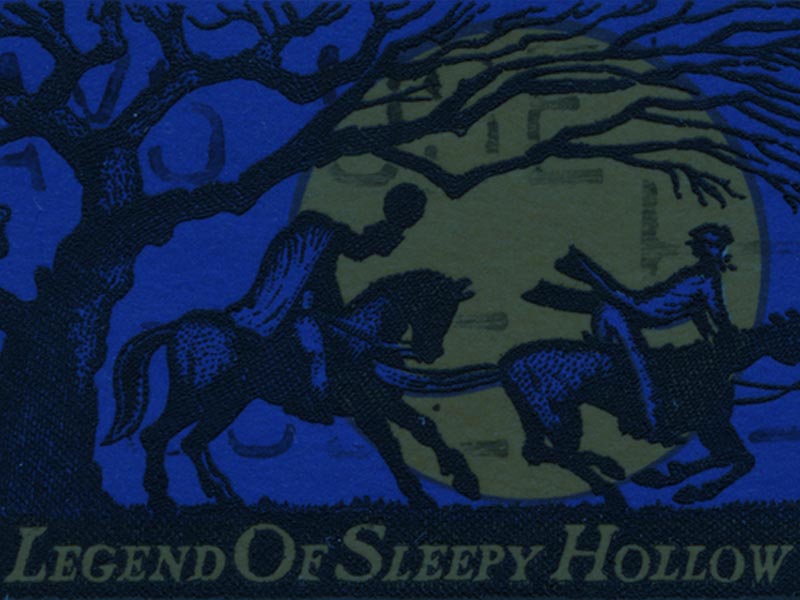The Headless Horseman is a legendary figure primarily associated with Washington Irving’s short story “The Legend of Sleepy Hollow,” published in 1820. The story is set in the fictional village of Sleepy Hollow, near Tarry Town, New York, and follows the tale of Ichabod Crane, a superstitious schoolteacher who encounters the ghost of a Hessian soldier who lost his head during the American Revolutionary War.
The term “Hessian” refers to the German soldiers who were hired by the British to fight during the American Revolutionary War. Many of these soldiers came from the region of Hesse in Germany, which is why they are called Hessians. They were known for their disciplined military training and were often deployed as mercenaries in various conflicts.
In “The Legend of Sleepy Hollow,” the Headless Horseman is described as a Hessian soldier who was killed during a battle. The use of a Hessian as a ghostly figure taps into the fears and animosities of the time, as the American colonies were fighting against British rule, and the presence of foreign mercenaries added to the tension of the conflict.
The Headless Horseman is often depicted as a spectral rider who rides through the woods, seeking his lost head. The story blends elements of American folklore and Gothic horror, exploring themes of fear, jealousy, and the clash between the rational and the supernatural. The Headless Horseman has since become an iconic figure in American culture, representing the enduring allure of ghost stories and the rich tradition of storytelling in the United States.
Related Articles
The Origins of Bubble Wrap: A Packing Material Turned Stress Reliever
Bubble wrap is a staple of modern packaging, but did you know it was originally designed to be wallpaper? In 1957, engineers Alfred Fielding and Marc Chavannes set out to create a textured wallpaper...
Why Do Zebras Have Stripes? A Tale of Camouflage and Cooling
Zebras are known for their striking black-and-white stripes, but have you ever wondered why they have this unique pattern? Scientists have long been fascinated by the purpose of zebra stripes, and...
Why We Drop a Ball on New Year’s Eve: A Times Square Tradition
Every year, millions of people gather in Times Square—or watch from home—to witness the iconic New Year’s Eve Ball Drop. But where did this dazzling tradition come from, and why do we drop a ball to...





